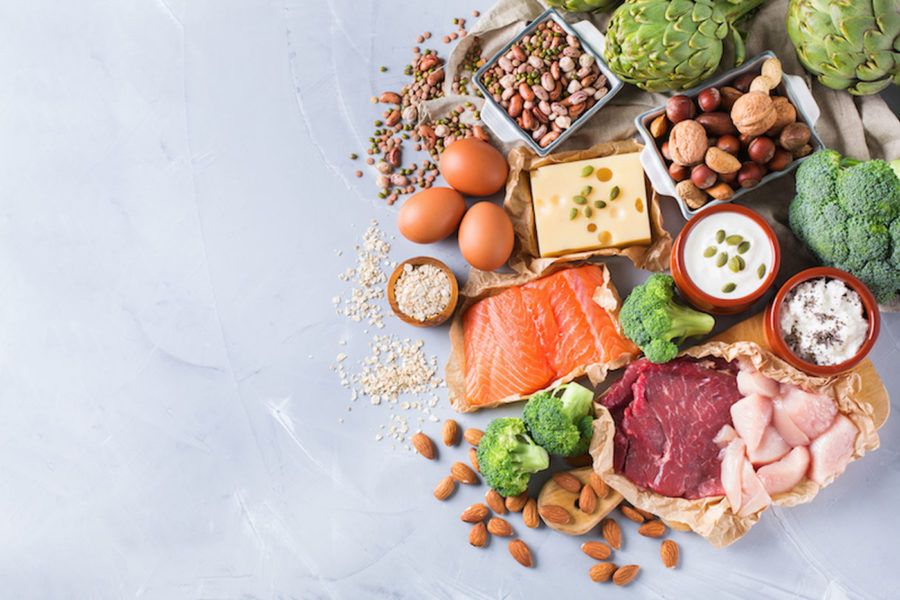Your Plate and the Planet: How Your Food Impacts Climate Change
February 4, 2019
Picture a day in your life: you wake up, brush your teeth, maybe shower, get clothed and ready for the day. For most people, the next step is food. For me, it is definitely food!
What do you want for breakfast on a perfect day? A full plate of eggs and bacon? How about a sausage, egg, and cheese biscuit? Those meals are equally delicious (trust me, no one loves a sausage and egg biscuit more than me), but your choice of what to eat can have an impact on the world and climate change. Crazy, right?
Think about a day in your life in relation to food. In America, an average meal is usually meat centric. As delicious as this is, America’s consumption of meat is a leading factor in climate change, and not for the better. The meat industry is one of the largest producers of harmful chemicals that are put into the ozone, often buying carbon offset credit to manage the production of the pollution, therefore depleting that layer of the atmosphere. These chemical are emitted by animal manure and also the feeding of large numbers of animals. The eventual extinction of this “safety level” of the Earth could lead to humanity’s demise. If the population as a whole continues with this pattern, “It could lead to dangerous levels of climate change with higher occurrences of extreme weather events, affect the regulatory function of forest ecosystems and biodiversity … and pollute water bodies such that it would lead to more oxygen-depleted dead zones in oceans,” says Springmann, the author of Oxford Martin Programme on the Future of Food at the University of Oxford.
In an interview with CNN, a registered dietitian nutritionist and plant-based food and sustainability expert named Sharon Palmer stated how “research consistently shows that drastically reducing animal food intake and mostly eating plant foods is one of the most powerful things you can do to reduce your impact on the planet over your lifetime, in terms of energy required, land used, greenhouse gas emissions, water used and pollutants produced.”
So what can you do? It is really easier than you think. Lay off the burgers, steaks, sausage, and other meats. Animals like cows and sheep produce more greenhouse gases than other animals, such as chickens. Just to see the numbers, I researched how much impact eating beef three times a week would be if the amount per serving was the size of a burger patty. The emissions created by these three beef meals is the same as driving a car 4,112 miles or flying from London, England to Malaga, Spain five times! By eating less meat, you will have a bigger impact on climate change than if you do not drive your car as much. Think about that! Turning towards a more plant-based diet will have the positive impact on the blue and green planet that it needs. It could eliminate the use of chemicals from large animal farming, free up farmland used for large scale animal farming, and also save water. Climate change is inevitable, but humans are definitely speeding up the process. By doing little things, such as preparing meals with plant based proteins a few times a week instead of beef or pork, will help lean towards a more sustainable future.

